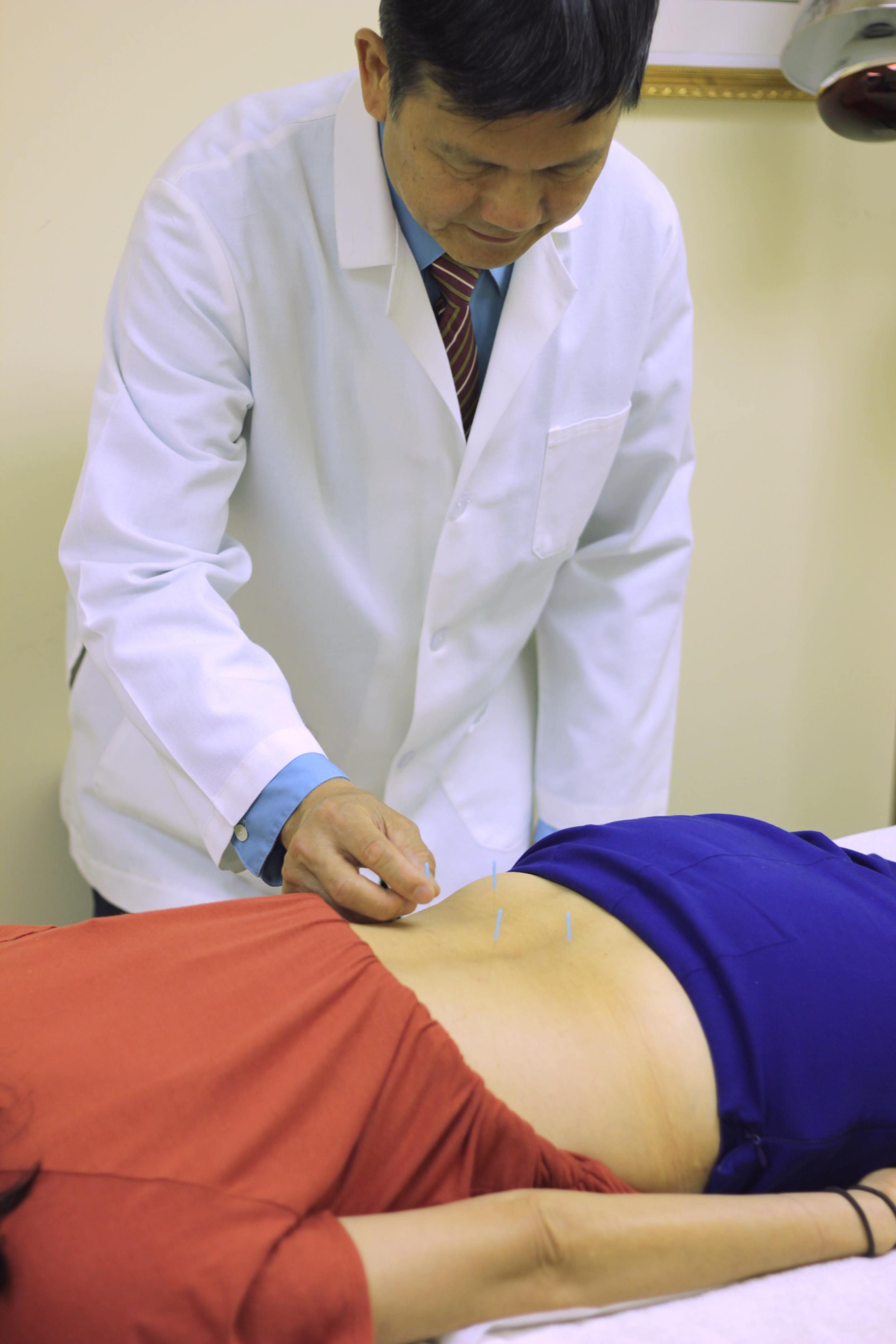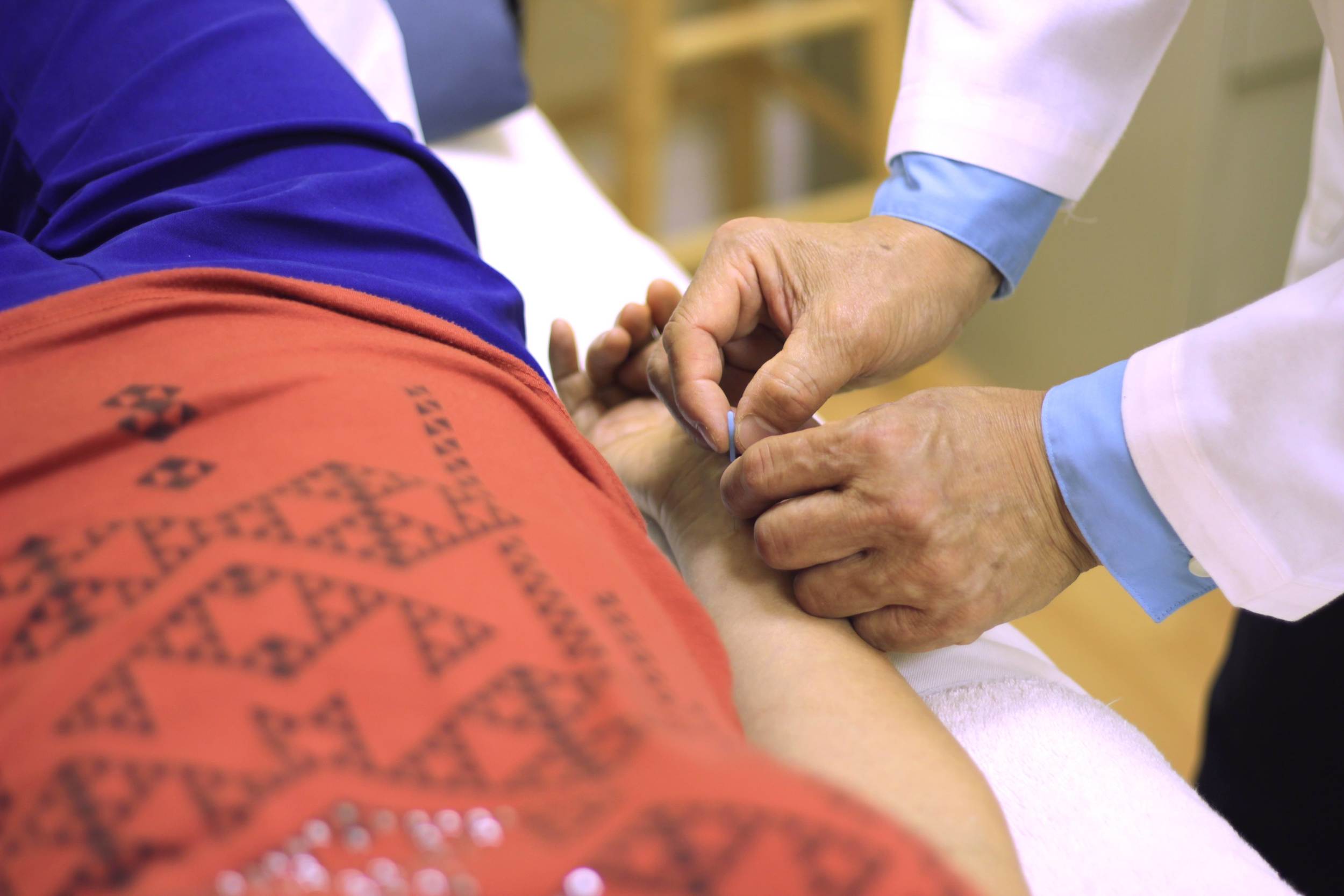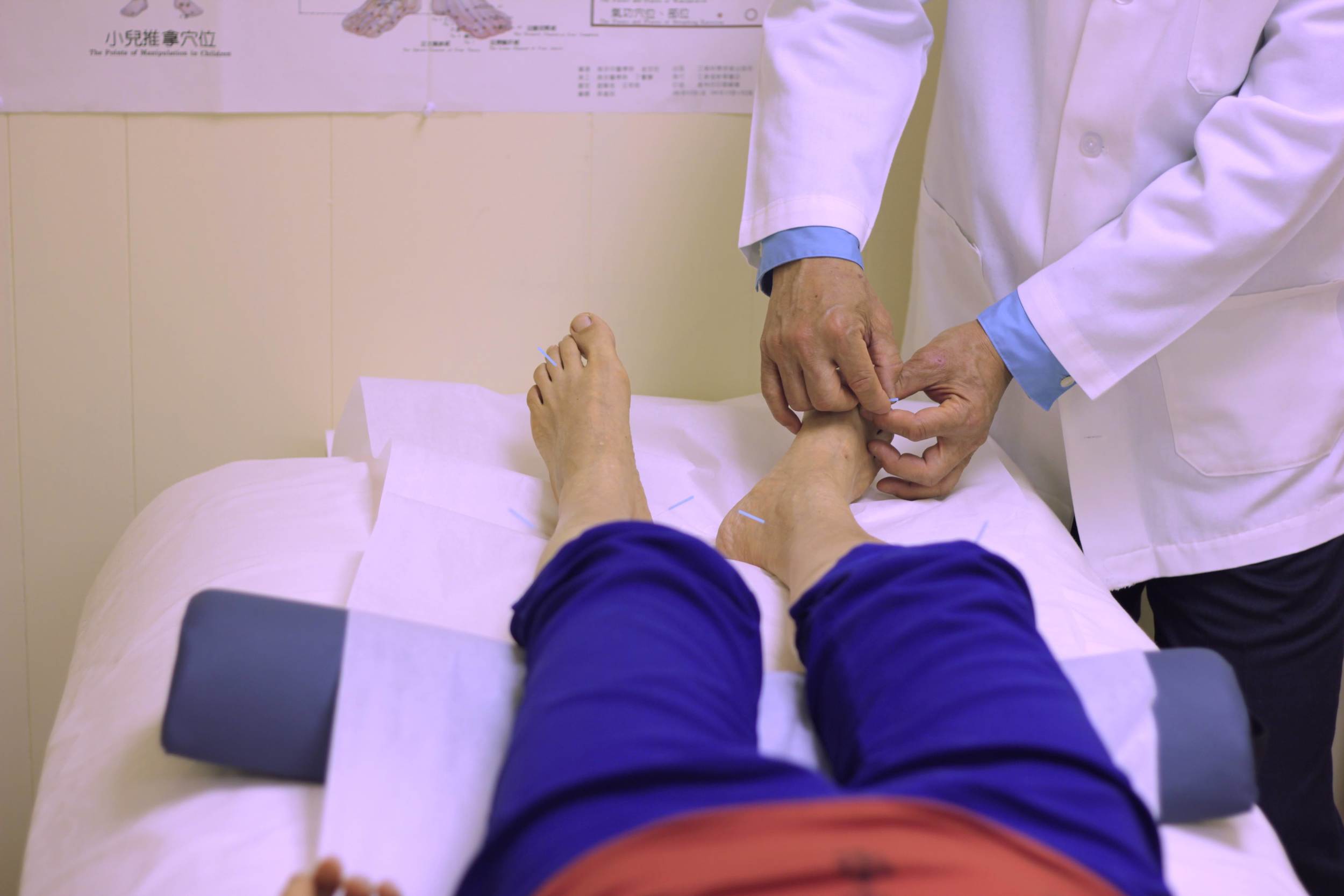7800 SW 57th Ave, Suite 223
Miami, FL 33143
(305) 665-7728
Dr. James Z. Zhou
Your Custom Text Here
Highest grade disposable needles
Finest electrotherapy equipment
Relaxing and professional environment
Expert/teacher in the field
30 years of experience
Did you know?
Modern research is beginning to shed light on the physiological effects of acupuncture. There is considerable evidence that acupuncture initiates the release of the body’s natural pain control chemicals, opioid peptides (e.g. endorphins), which create an analgesic effect. Acupuncture has also been shown to confer greater resistance to infection by increasing body temperature, white blood cell activity, and antibody levels. Studies have also shown that acupuncture can reduce cholesterol and triglyceride levels, regulate blood sugar levels, and abate inflammatory conditions.
Numerous research studies in the scientific literature have shown that acupuncture and traditional Chinese medicine (TCM) are effective for a wide variety of ailments. Acupuncture is a vital part of health care in Japan, China, Vietnam, Korea. In 2003, the World Health Organization issued an in-depth review of the larger scale clinical trials and suggested that acupuncture may be effective treatment for conditions ranging from headache, nausea, sprains, and allergies. The U.S. National Institutes of Health (NIH) released a consensus statement in 1997 that advocated the expansion of acupuncture use and encouraged further research based on sufficient evidence of its efficacy for certain conditions. A large portion of the budget for the National Center for Complementary & Alternative Medicine (NCCAM), an NIH institute, is used for studying acupuncture and TCM.




